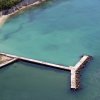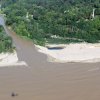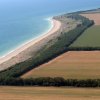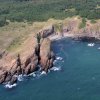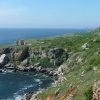Center for Coastal & Marine Studies
SECOND “WOMEN IN GEOMORPHOLOGY” WORKSHOP
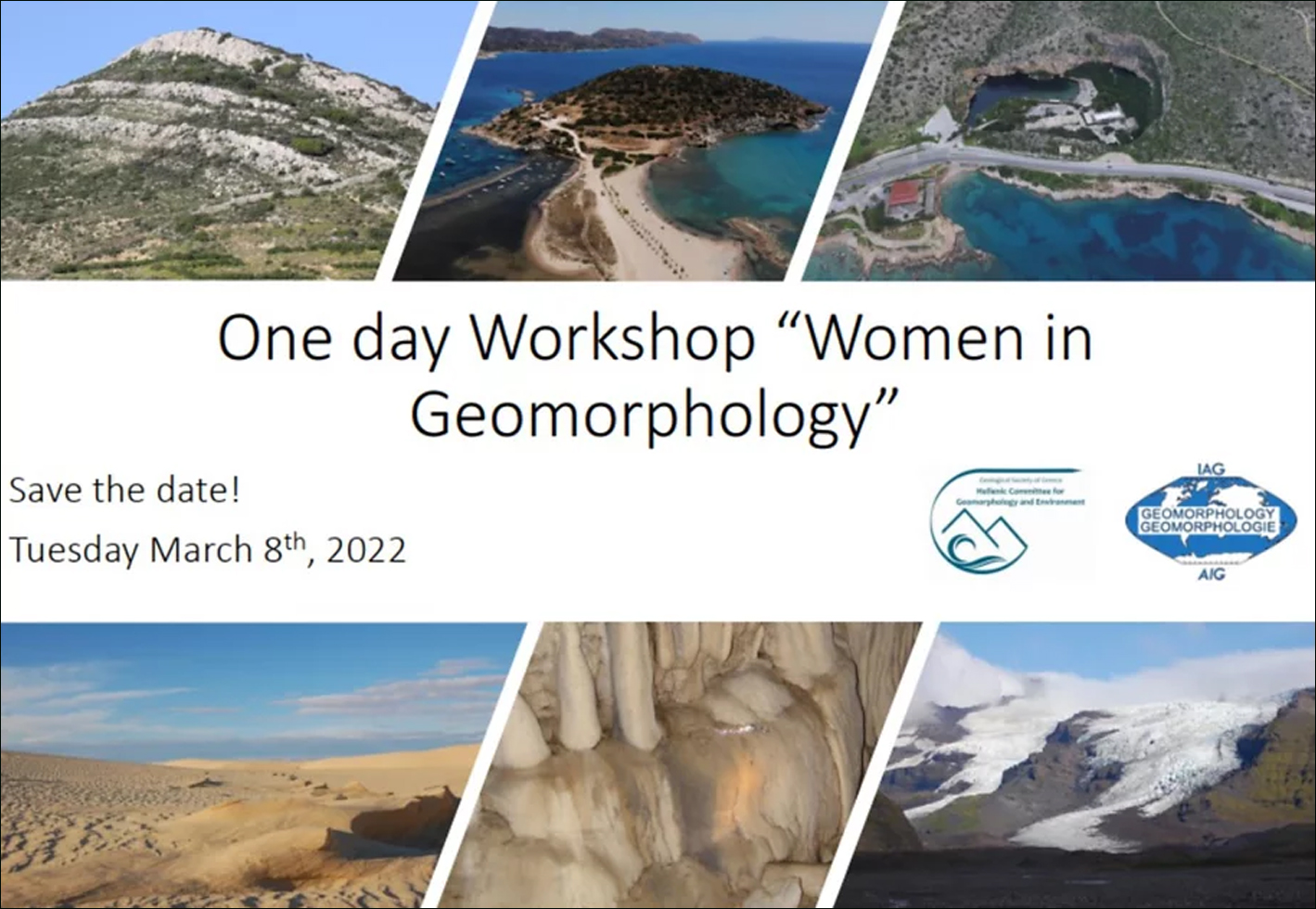
We are pleased to promote the upcoming 2nd Women in Geomorphology Workshop! The event is organized by the Hellenic Committee for Geomorphology and Environment to the International Association of Geomorphologists (IAG) and will take place on 8th of March, 2022, inspired by the International Women’s Day.
Save this date in your calendars!
Find more information, or register on the website of the Hellenic Committee for Geomorphology and Environment: https://geomorphologyhelle.wixsite.com/geomorphology/registration?lang=en
Opening Conference of the eMSP NBSR project
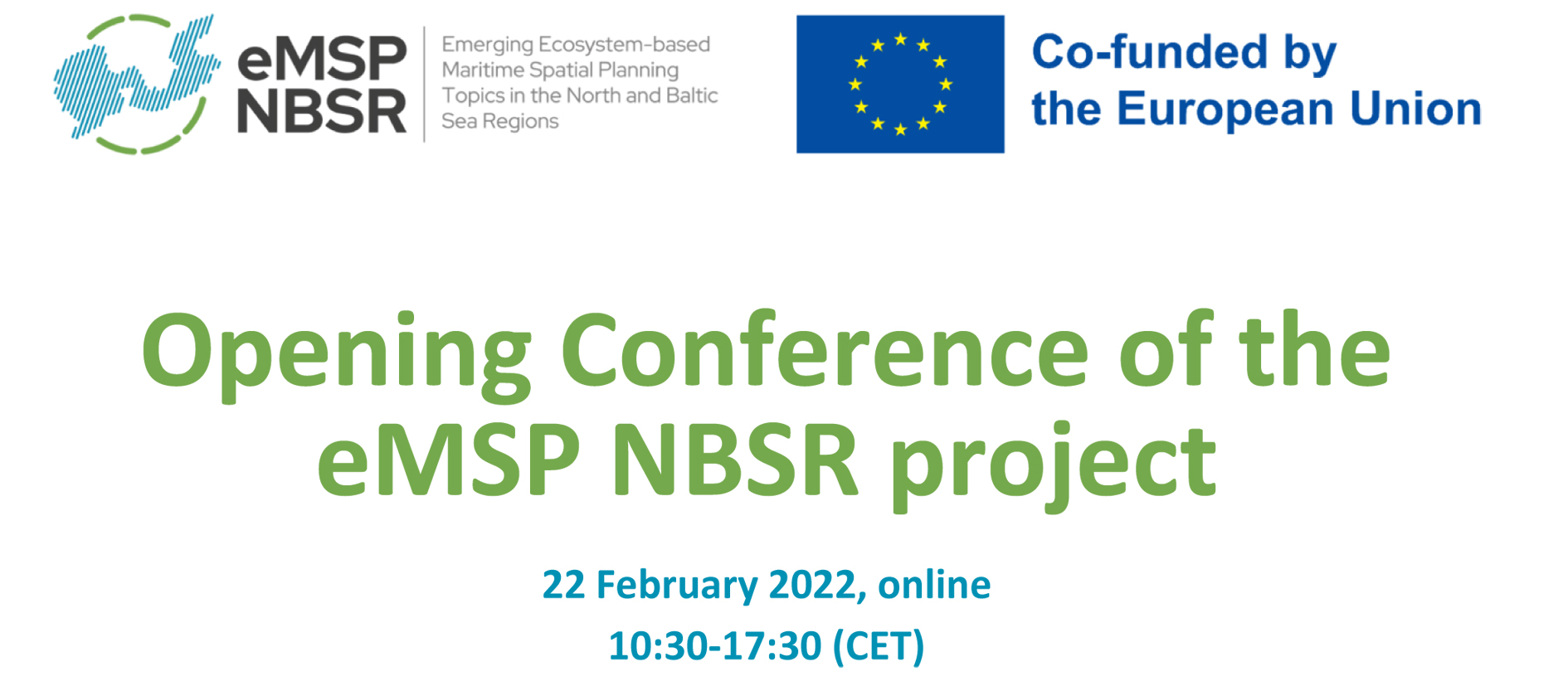
The opening conference of the eMSP project will be organized on the 22nd of February, 10:30-17:30 CET, online. Aim of the conference is to introduce the topics and working methods of the eMSP NBSR project, as well as to discuss opportunities of stakeholders to get involved in project activities.
The opening conference of the eMSP NBSR project will introduce the Communities of Practice (CoP) partners are building within learning strands presenting five emerging MSP topics:
• Ocean governance
• Ecosystem-based approach
• Sustainable blue economy
• Monitoring and evaluation
• Data sharing, information and communication technology serving MSP.
Science policy interface will facilitate the knowledge gained throughout the project by providing scientific advice in the learning strands and establishing a project scientific advisory board.
Throughout the opening conference participants will have a chance to learn more about the Green Deal aspects to be considered in MSP, methods of the ‘Community of Practice’ and ‘Scientific Advisory Board’ and contribute to the discussions within the learning strands.
Download agenda HERE.
Registration to the conference is available HERE.
Our joint peer-reviewed research paper on multi-use of the sea has been promoted in the European MSP Platform February 2022 Newsletter

Our recently published peer-reviewed research paper in Marine Policy Journal, Supporting multi-use of the sea with maritime spatial planning. The case of a multi-use opportunity development - Bulgaria, Black Sea, has been promoted in the European MSP Platform February 2022 Newsletter: https://ec.europa.eu/newsroom/cinea/newsletter-archives/36955
The paper is a joint collaborative work between CCMS (Bulgaria); University of Gdansk (Poland); National Research Council, Institute of Marine Sciences (Venice, Italy); and Marine Scotland - Marine Planning and Policy (Scottish Government, Scotland, UK).
Generation Ocean starts today!

Today, it is the launching of a new global movement to build and strengthen knowledge to take action for the ocean we urgently need to save. Today, it is the launching of Generation Ocean (GenOcean).
Whether we live inland or by the sea, the ocean is essential to life and livelihoods; it is humanity's most constant and loyal supporter. Its waters connect us to one another, and its influence on our lives can be felt on a daily basis.
However, due to human activity, the ocean is under stress, and we have reached a decisive moment in our capacity to get it back on track.
EVERY GENERATION HAS A PART TO PLAY.
Whoever you are, wherever you're from, no matter what age, we are all GenOcean!
Join the global movement to grow awareness, build knowledge and drive action to restore, protect and live better with the ocean.
























